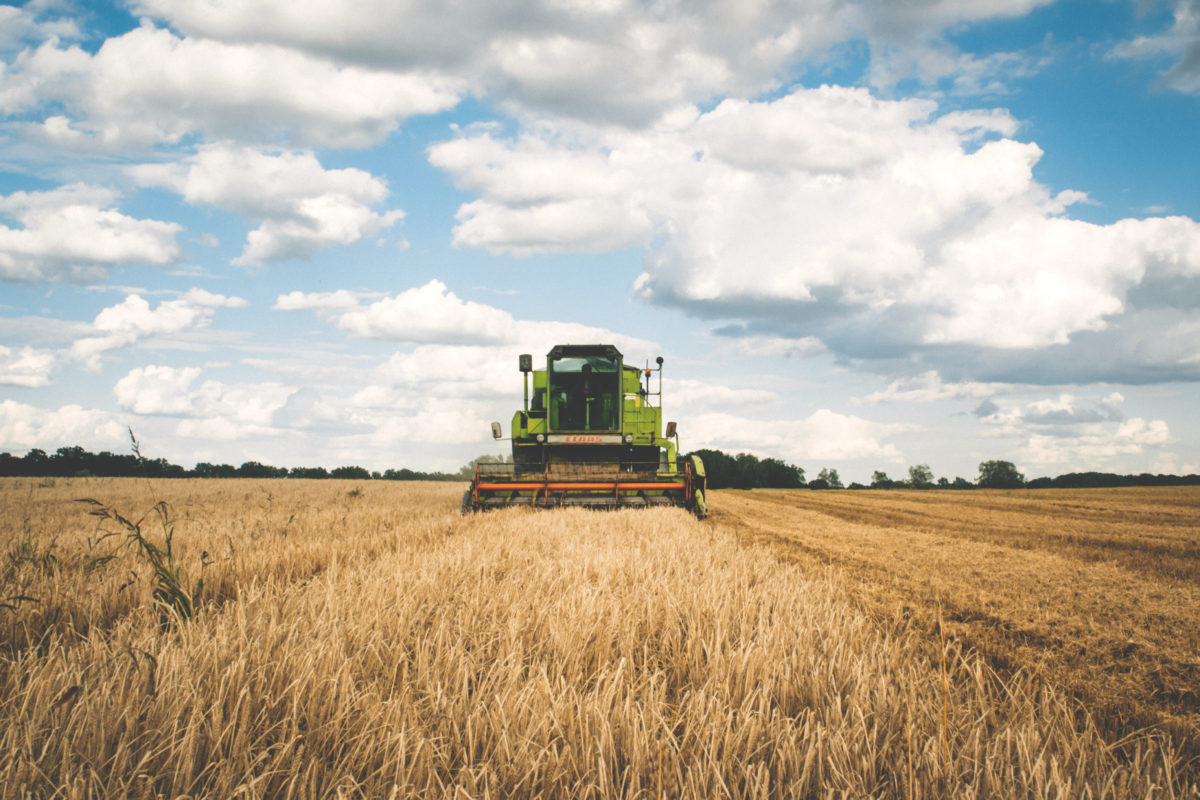What do you do with a farm that is in transition? For a farm to join the ranks of USDA Organic-certified, there are a few steps that a farmer must take. First is time. It takes 3 years for a conventional farm to qualify as organic. During that time, a farm might need to invest in new infrastructure, create new farm management plans, have conversations with their bank, all the while not being able to sell their crops.
Farms currently cannot sell crops as organic during the transitional phase, even if they are following all tenants of USDA Organic certification. Kashi saw an opportunity to change that. Why can’t we support farms in that transitional period and still get their products to market? Kashi Company CEO David Denholm said in his SXSW Eco session, “1% is Not Enough. Increasing Access to Organics.”
“Farmers need financial security, they need a market for crops in transition because they are following organic farming practices, just not certified yet,” Denholm said.
So in order to provide a way for consumers to directly support those farms working to get organic certification, Kashi partnered with Quality Assurance International, a USDA accredited organic certification body. The organizations created a standard for so-called “transitional” farmers and created a mark that could be used on packages for products from farms transitioning from conventional to organic.
“The label is a movement, because it’s a chance for consumers to vote and support the transition from conventional to organic,” Denholm said. “We believe consumers play a critical role in helping support farms moving to organic.”
 The label is currently on Kashi products that source from farmlands that are “certified transitional”. Denholm said that they are getting inquiries from other companies that want to use the label, both food and non-food companies like fashion labels.
The label is currently on Kashi products that source from farmlands that are “certified transitional”. Denholm said that they are getting inquiries from other companies that want to use the label, both food and non-food companies like fashion labels.
Denholm said that Kashi spearheaded this movement because the current organic farming landscape is working on a shaky economic foundation.
“Companies are buying out organic farms or are putting in place long-term contracts for supply of organic ingredients. It’s an example of market failure,” Denholm said.
He believes that the best path forward is an open source economy, which is based on collaboration. He hopes to spread awareness of the label through media, other brands and organic outreach.
“The demand for organic food products has increased by a lot since the 1990s, but the supply hasn’t increased to meet that. We hope this is one way to support an increase in organic agriculture moving forward,” Denholm said.
Categories
Farms in Transition: How Can Consumers Support Farms in Transition to Organic?


